



Making a worthy “feel good” movie is the cinematic equivalent of successfully coercing pandas to mate in captivity. Sure, sentimental life-affirmation and skilled filmmaking are nice to look at when they’re sitting side by side, whether they’re munching bamboo or being The Notebook, but to create anything lasting out of the two, they must be infused. In other words, it’s easy to put kissing, crying, and flashbacks of past kissing and crying onto film, but adeptly putting them into a film is much more difficult.
The Thing About My Folks, a new film by director Raymond De Felitta (Café Society, Two Family House) and writer/actor Paul Reiser (Mad About You, Aliens) is the newest contender in the sap and substance mating game; fans of feel good can rest easy tonight knowing that the film does an admirable job. As both a father/son comedy and a road trip film, the movie has two genre clichés to battle against and, ultimately, it’s the on-screen chemistry between actors Reiser and Peter Falk (Murder by Death, Columbo), paired with Reiser’s refreshingly realistic, if at times a tad melodramatic, writing that wins the fight.
Folks begins when Sam Kleinman (Falk) visits his son’s family home to inform them that his wife Muriel (Olympia Dukakis) has left him, leaving only a vague note attached to the fridge. Feeling bad for his father, son Ben (Reiser) takes Sam with him on a road trip to look at some rural real estate in northern New York. As the journey unfolds, the two begin to have increasingly personal discussions and experience, through fishing, driving, and drinking, the relationship they never had.
Like most film’s that tread the boundary between the humorous nature of forced inter-familial bonding and the powerful, often painful, emotions that these experiences can evoke, the film is neither a straight comedy nor a rote drama, but rather an oft-humorous take on a serious situation. Where the film manages to hoist itself above other such films is in its refusal to settle on a single style of humor. Though the dynamic of Reiser as straight man and Falk as his foil is consistent (and wonderfully acted) throughout, Reiser doesn’t allow the inherent cheesiness of the film’s concept to taint the humor. While there are plenty of the obligatory “That’s our Sam!” moments, Reiser also manages some tastefully downplayed sex humor, a few darkly clever moments that emerge during serious arguments, and, for the Farrelly brother in us all, a fart joke or two.
There’s also a healthy dose of swearing, which is obviously used to make viewer’s forget that their watching a “feel good” movie. Like all of Reiser’s writing, however, it’s so well measured and judicious that it actually works without ever feeling cheap.
Aside from quality writing and acting, Felitta’s direction is definitely worth a mention. Though the movie relies much more on dialogue than visuals, Felitta has a beautifully understated style that gives the actors a lot of room to simply talk and interact without ever degrading into a tired rhythm of excessive shot-reverse-shot or attempts to fluff scenes up with anything overly fancy or unnecessary. It’s a measured sort of direction that doesn’t beg to be viewed as stylized but still manages a distinct personality.
Unfortunately, for as good as it is, the film isn’t perfect. Certain jokes can seem like a forced exercise in played-out humor about the neuroses of family members while others come a bit too close to the over-tread “old Jewish people are grumpy therefore funny” school of comedy. Meanwhile, while the film’s sentimental over-current is, for the most part, tempered through good dialogue and humor, the movie’s final few minutes, which are cute and sweet and all those other adjectives that get tossed around at petting zoos, are guaranteed to either jerk tears or roll eyes, depending on what you’re into.
Then again, if you weren’t into this kind of thing, you probably wouldn’t go see it in the first place.
But back to the Pandas. Does The Thing About My Folks represent the successful product of breeding the sentimentality-bear with the good-movie bear? I say yes. Though it might not be the most refined, philosophical cub, it’s probably the cutest.
Review by Matthew Finley, © FilmFetish.com













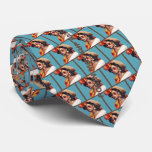


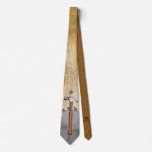




![Black and White Hot Rod Engine Photo [221110-18]](https://www.filmfetish.com/img/p/2022/11/221110-18-automotive-11x85-web-170x170.jpg)

![Scooby Doo Balloon and Geisha at 2012 National Cherry Blossom Parade and Festival Photo [210809-0005]](https://www.filmfetish.com/img/p/2021/08/210809-0005-11x85-web-170x170.jpg)
![Beyond the Valley of the Dolls and Sweet Sugar Actress Phyllis Davis Photo [221010-24]](https://www.filmfetish.com/img/p/2022/11/221010-24-phyllis-davis-85x11-web-170x170.jpg)







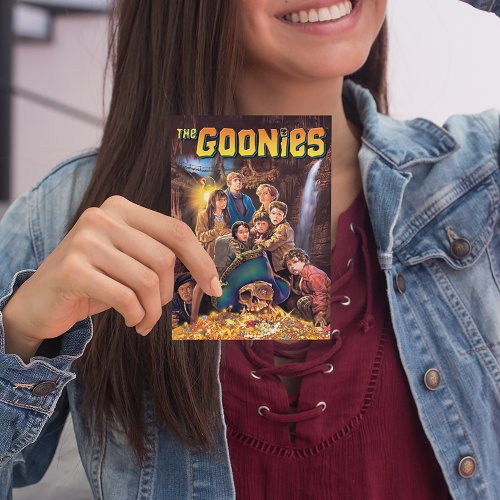

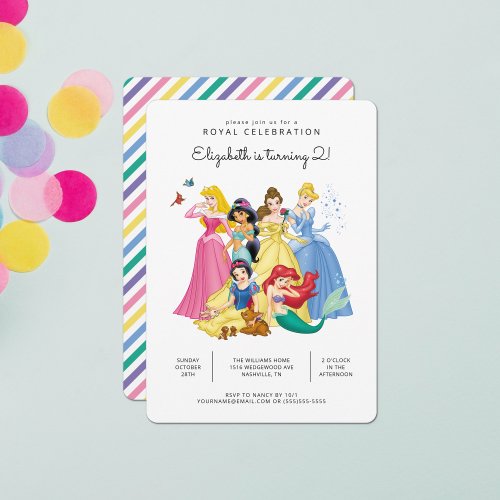
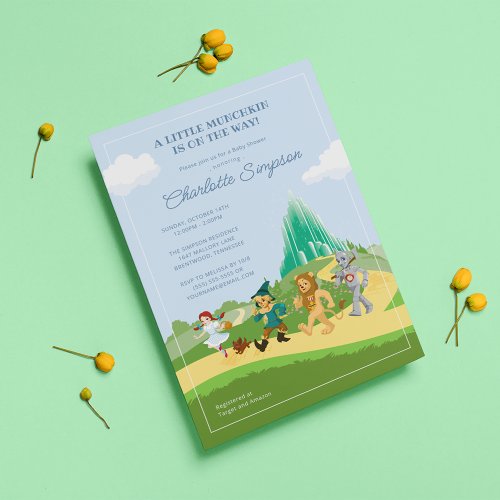
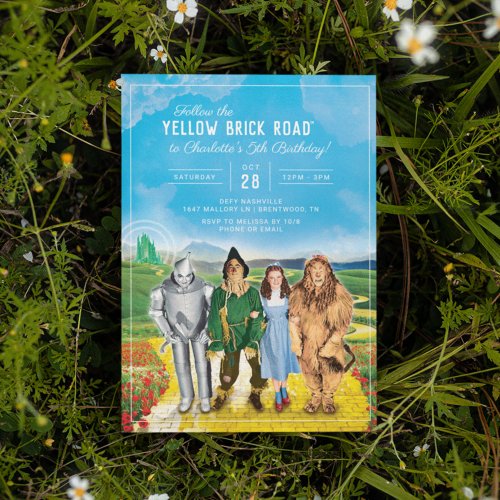












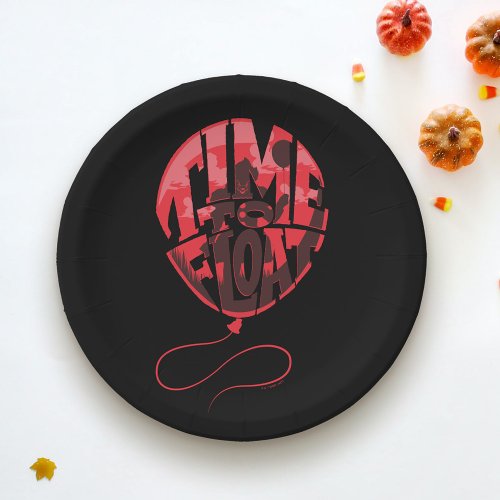



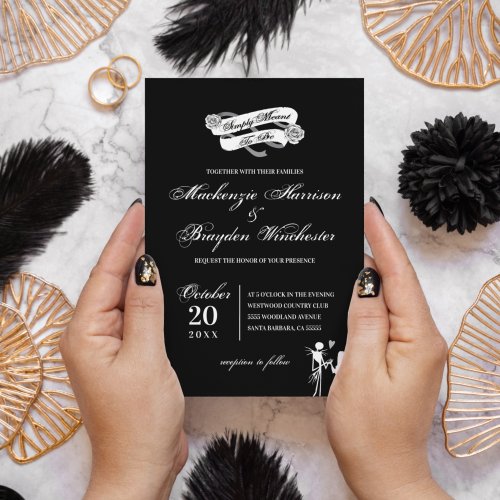

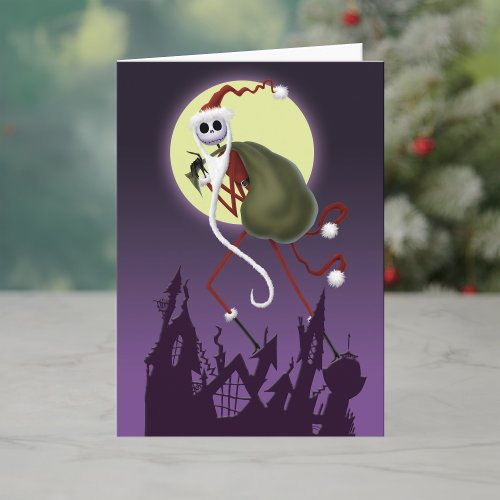

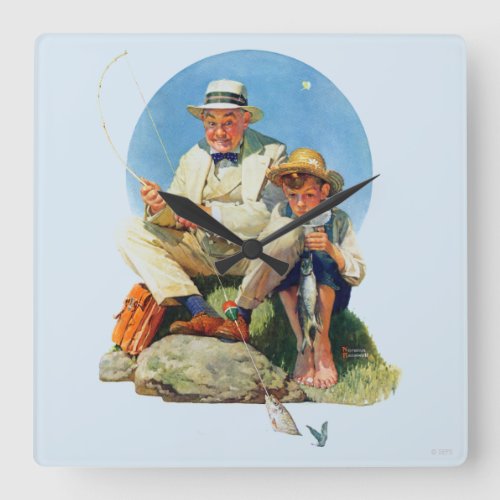
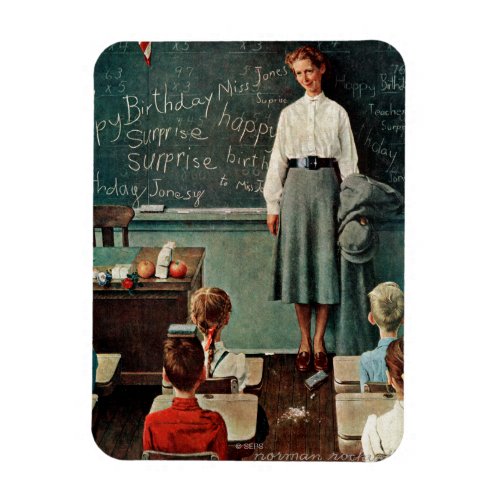













![Set of 4 Joe Palooka in Humphrey Takes a Chance Original Press Photo Lobby Cards [Q16]](https://www.filmfetish.com/img/p/2023/08/crush-items-230805-00130--170x170.jpg)

![BBC Doctor Who Dalek: The Eternal Figure Yellow [1190]](https://www.filmfetish.com/img/p/2019/12/doctor-who-1190-01-170x170.jpg)
![SpongeBob SquarePants Set of 4 Collector PEZ Dispensers, Squidward Q. Tentacles, Patrick Star [PEZ03]](https://www.filmfetish.com/img/p/2021/07/pez03-01-170x170.jpg)


![Elvis Presley, Nancy Sinatra Set of 2 Original Publicity Press Photos MGM Movies Harum Scarum (1965) and Speedway (1968) [G74]](https://www.filmfetish.com/img/p/2021/04/harum-scarum-g74-01-170x170.jpg)
![Hollywood Boulevard (1976) Press Publicity Photo, Candice Rialson, Mary Woronov [M22]](https://www.filmfetish.com/img/p/2023/02/P1490184--170x170.jpg)
![Saturday Night Fever The Original Movie Soundtrack 2-LP Vinyl Edition (1977) [J60]](https://www.filmfetish.com/img/p/2020/10/saturday-night-fever-j60-01-170x170.jpg)
![Cry-Baby Johnny Depp Movie 27×51 Licensed Beach Towel [J93]](https://www.filmfetish.com/img/p/2023/01/P1470735--170x170.jpg)